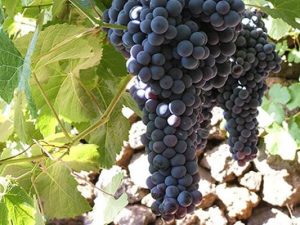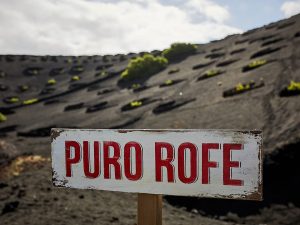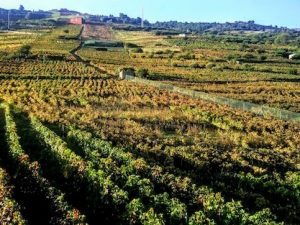Natural, organic and biodynamic wines are a growing trend, especially their philosophy of respect for the environment, the recovery of ancestral methods and the least possible intervention practices. However, there are some key differences between these three types of wine. Here we help you differentiate between them.
Natural wines
Natural wines are wines with minimal intervention both in the vineyard and in the winery. It is the wine made solely and exclusively with grapes, without any other chemical additives, and from organic farming.
This means that no herbicides, pesticides or synthetic fertilizers are used in the vineyard and the grapes are harvested by hand. At the winery, the wines are bottled without filtering or fining and no sulfites, commercial yeasts, bacteria are added during malolactic fermentation and no chemical additives are used for their preservation.
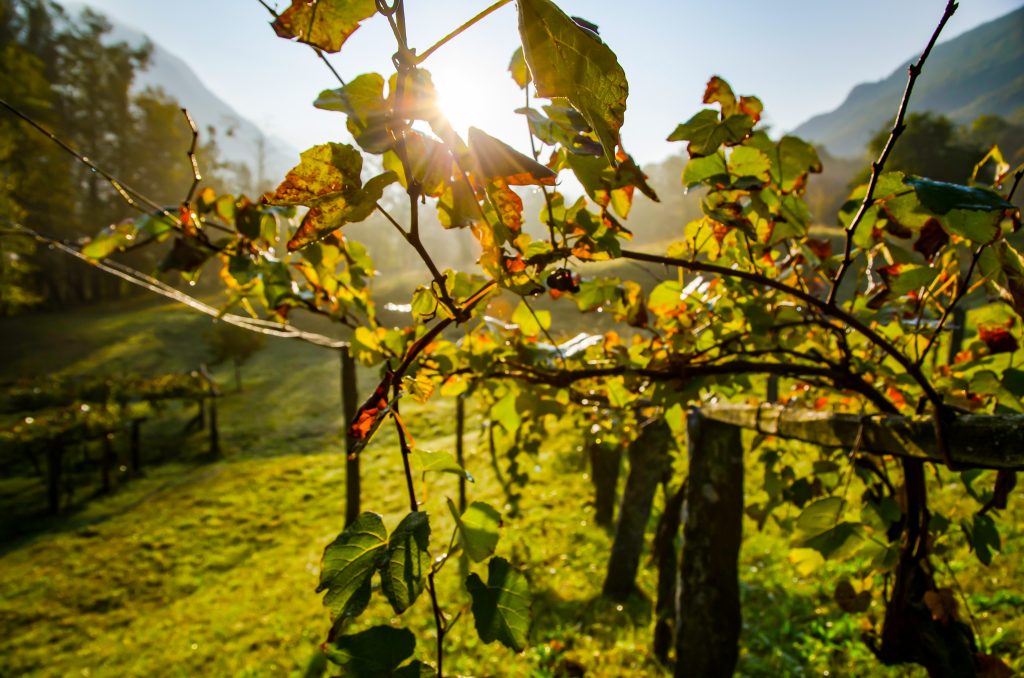
There is still no official certification of natural wine, although it is desirable that there should be, since this would lead to the use of a seal -as is the case with organic wine- which would help the consumer not to wonder what is behind it and to clearly identify natural wines.
In Europe there are several associations of natural wine producers that defend these principles, although each one has its nuances, and therefore should not be used as a seal of guarantee but as a simple guide or starting point.
In Spain, there is PVN; in Italy, Vin Natur and Vini Veri; in France, AVN and Vins SAINS. In the end, when we talk about natural wines, the guarantee is the chain of trust between producer – seller – consumer, and the participatory guarantee systems.
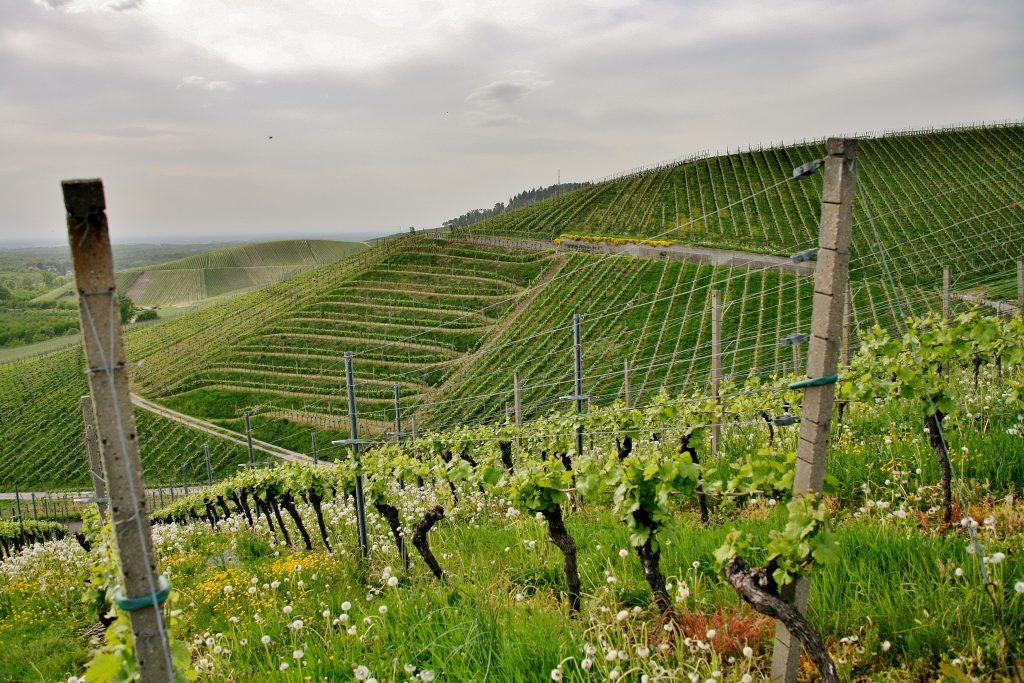
Organic wines
While the natural wine is one made without any additives and part of a grape from organic farming, whether certified or not, organic wine is one that is certified in accordance with European regulations for organic agriculture and wine.
This European regulation allows a multitude of additives very similar to the European regulations for the production of wine in general (conventional wine) and yet exempts the wine from the obligation to cite all its ingredients on the label to the detriment of the consumer and to the benefit of large wine factories.
This total lack of transparency is what has led to the emergence of a movement of natural wine producers who defend the way of making wine with grapes as the only ingredient, from organic farming and without any additives.
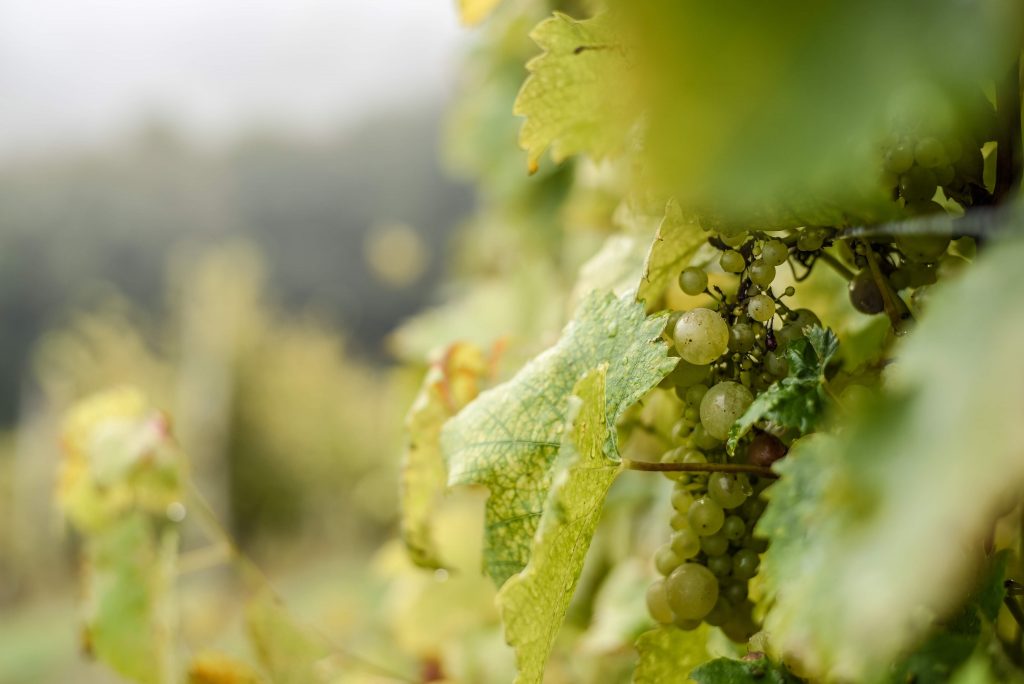
Biodynamic wines
Biodynamic wine is allowed to use a multitude of additives in its production, therefore, it does not imply a higher level of purity of the wine, it is simply a separate theory.
In terms of the level of additives allowed, it would be similar to organic wine. Biodynamics is a form of agriculture which in turn is part of another higher theory called Anthroposophy developed by Rudolf Steiner.
Biodynamic wines must be certified by a private body called Demeter. According to biodynamics, agriculture is part of a whole that includes the stars, the soil, plants, animals and even man, and between these elements flow energies that must be in balance.
From there, a whole work methodology is developed and a series of recommended treatments and products are stipulated in order to achieve this balance.



